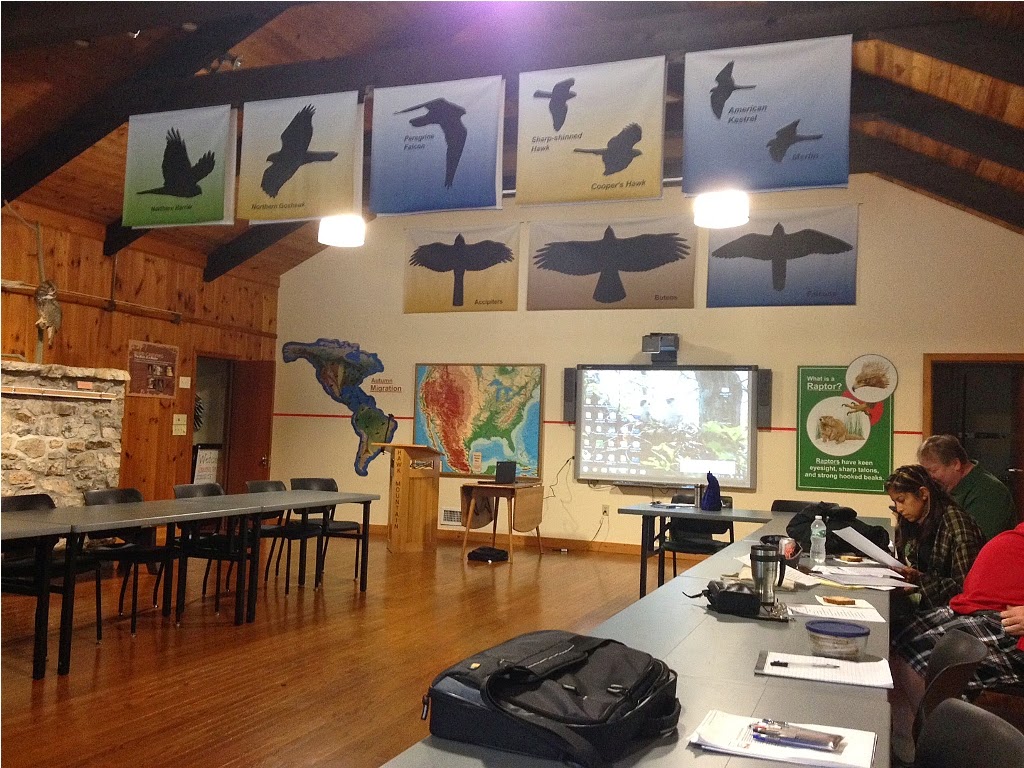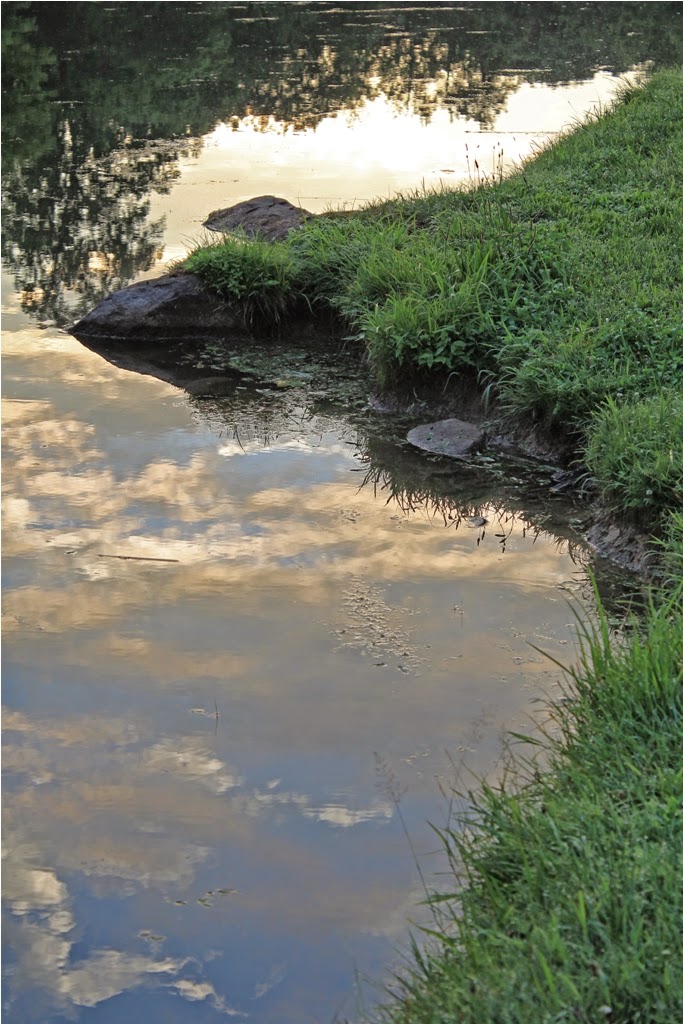 |
| Curious eastern cottontail rabbit |
 |
| Fleeing |
The need for a headlamp is noticeable as I start my morning walks. We begin our walk in the forest, with its thick canopy of summer leaves. It is dark in a summer forest, darker than during winter’s longer nights, when the trees are bare and my view of the sky is unobstructed. Once we leave the sheltering dark of the woods, the pre-dawn sky is pale enough for easy walking.
I am always surprised by how this change in the day’s light sneaks up on me. I know it is coming but I never expect it "today." This morning was my reminder, my wake-up call, that a headlamp is soon needed. Tomorrow, if the sky is undimmed by morning clouds, I will have a brief respite before the headlamp is truly needed again. But by next week, even with a clear sky, the headlamp will again become a morning fixture on our walks.















